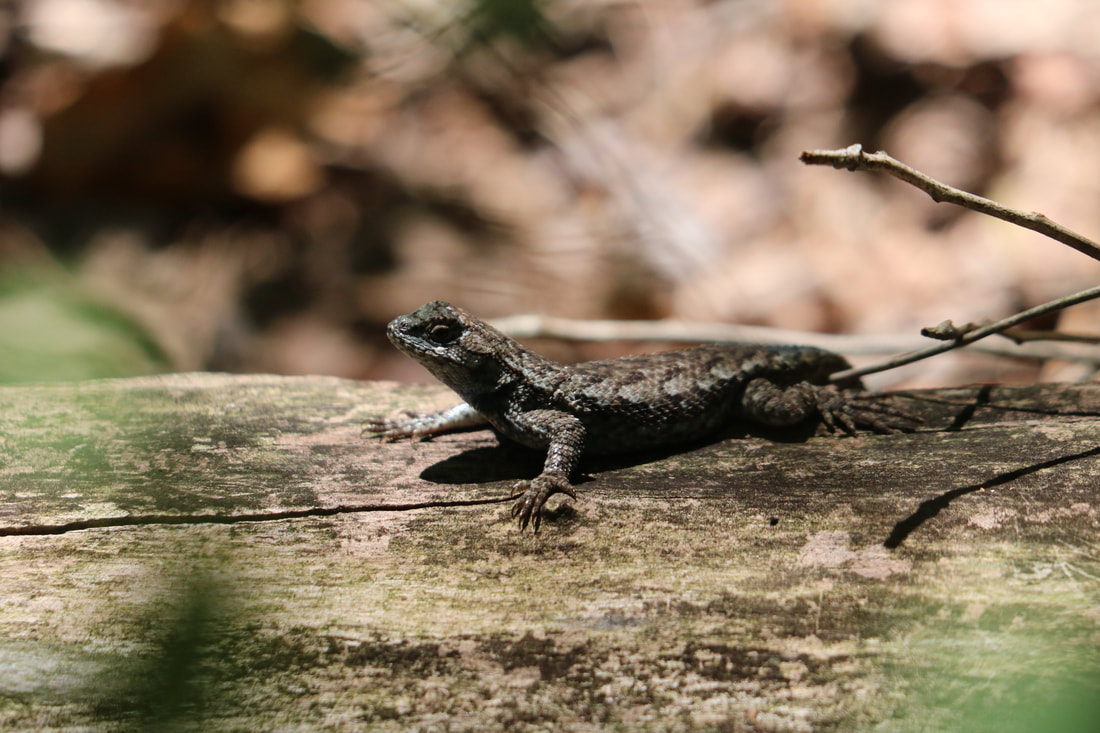Billy Watson’s Croker Sack
Franklin Burroughs
ISBN 0-8203-1999-6
University of Georgia Press
“It is always dangerous to question a college professor. They are paid to talk by the hour.” So begins the explanation that Franklin Burroughs gives of the term “croker sack” in his book Billy Watson’s Croker Sack. The explanation is really a postscript originally written for an editor unfamiliar with the term. As used in Burroughs’ writing, the croker sack is a large cloth bag containing the results of a day's foraging the bounty of low country wetlands.
Despite this warning of long windedness, Franklin Burroughs is an accomplished essayist. His writing is equally eloquent whether he is describing his homeland in coastal South Carolina or his adopted home in Maine. The two disparate lands are not so much compared and contrasted as joined in the striking narratives contained in this book.
The contents of a croker sack are surprising and unpredictable, but the contents of this book are surprisingly delightful. In his work, Burroughs includes descriptions of fishermen, duck hunters, one moose hunter, and an aging bird dog to which he pays his final respects. These stories are an engaging tapestry woven together on a loom, which is the land itself.
When Mr. Burroughs spoke at the Conference on Southern Literature in Chattanooga earlier this year, he delighted the audience with his humor and with the love of the subject matter that shines through his writing. This love of the land is clearly illustrated by a short piece about his recuperation from a childhood illness. Unable to accompany his father on the duck hunting trips, he looks forward to his daddy’s return when he will see the results of the days hunt, and he reads voraciously. Among the books is Audubon’s Birds of America.
About the picture of a wood duck in this book, Burroughs says, “Once in Sunday school we were asked what we would have presented to the infant Jesus in the stable, if we had gone there. The right answer turned out to be a pure heart or something along those lines, but I knew in my heart that it would be a pair of wood ducks, bright and friendly as the ones Audubon had painted.”

 RSS Feed
RSS Feed